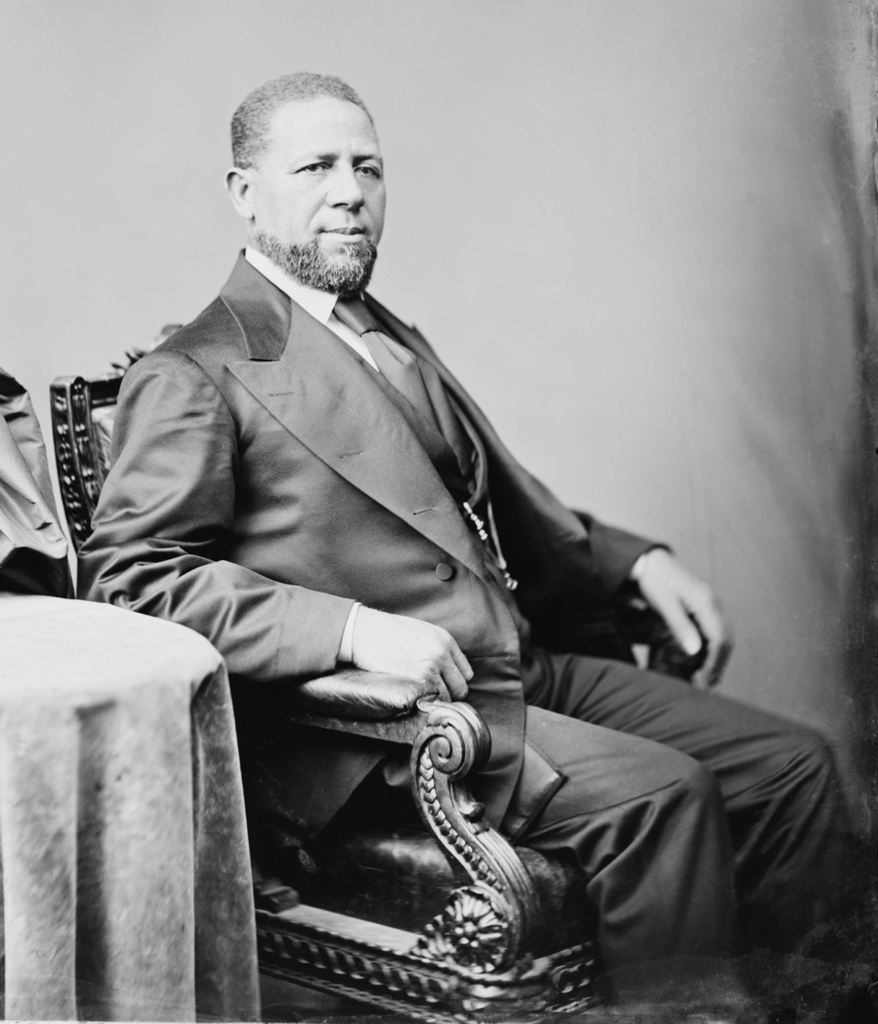Authors:
Historic Era: Era 10: Contemporary United States (1968 to the present)
Historic Theme:
Subject:
April 1999 | Volume 50, Issue 2


Authors:
Historic Era: Era 10: Contemporary United States (1968 to the present)
Historic Theme:
Subject:
April 1999 | Volume 50, Issue 2

Here we are with only nine months left in which our computers have to learn that two-digit numbers signifying a year must be assumed to follow a 20 and not a 19. Otherwise they will shut down the world. My apprehension is lightened by a certain Luddite smugness—so much for smart machines! But while thinking about this and related issues, it occurs to me that a minor note of interest about the November 1998 election has been overlooked. The 106th Congress, chosen then and sitting now, will be the last to serve in the twentieth century.
That in turn gives a certain additional weight to one of the results in my home state of Illinois. The senior senator, Carol Moseley-Braun, elected in 1992, was defeated in her bid for a second term. She was widely recognized as the first African-American woman to serve in that body. Fewer people know that she was only the second black senator elected since 1900. Sen. Edward Brooke of Massachusetts, the other, was elected in 1966 and served until the close of 1978. And carrying it back further, there were also just two in the nineteenth century, one of them, Hiram Revels, serving out a term of just over a year (1870-71) and the other, Blanche K. Bruce, completing six years in office (1875-81). Both men came from Mississippi and, like all senators until 1913, were chosen by the state legislature.
This seems a dismaying reflection on just how “representative” our institutions have been, but rather than preach the obvious, I would prefer to look at these four senatorial careers in the context of their times and offer a few provisional conclusions and risky forecasts. We begin chronologically with Senator Revels.
Revels and Bruce both were products of Reconstruction’s experiment in building a black-and-white Republican party in the South. Under laws passed in 1867, the occupied “Rebel” states, in order to regain their rights in the Union, had to create and ratify new state constitutions and then elect new governments through elections that enfranchised the freed slaves but barred voting and officeholding to almost anyone connected with the late Confederacy. This process had been completed in Mississippi by 1870, and its reconstructed Republican legislature was empowered to choose senators to fill seats that had been vacant during military rule. One of them was for a term that had only fourteen months left to run, and forty-two-year-old Revels, then a state senator from Natchez, got it.
Revels was exactly the kind of African-American poised to grasp the opportunities that emancipation and suffrage offered. He had been born free in North Carolina and had acquired some basic education while supporting himself as a barber. The path led upward through a seminary in